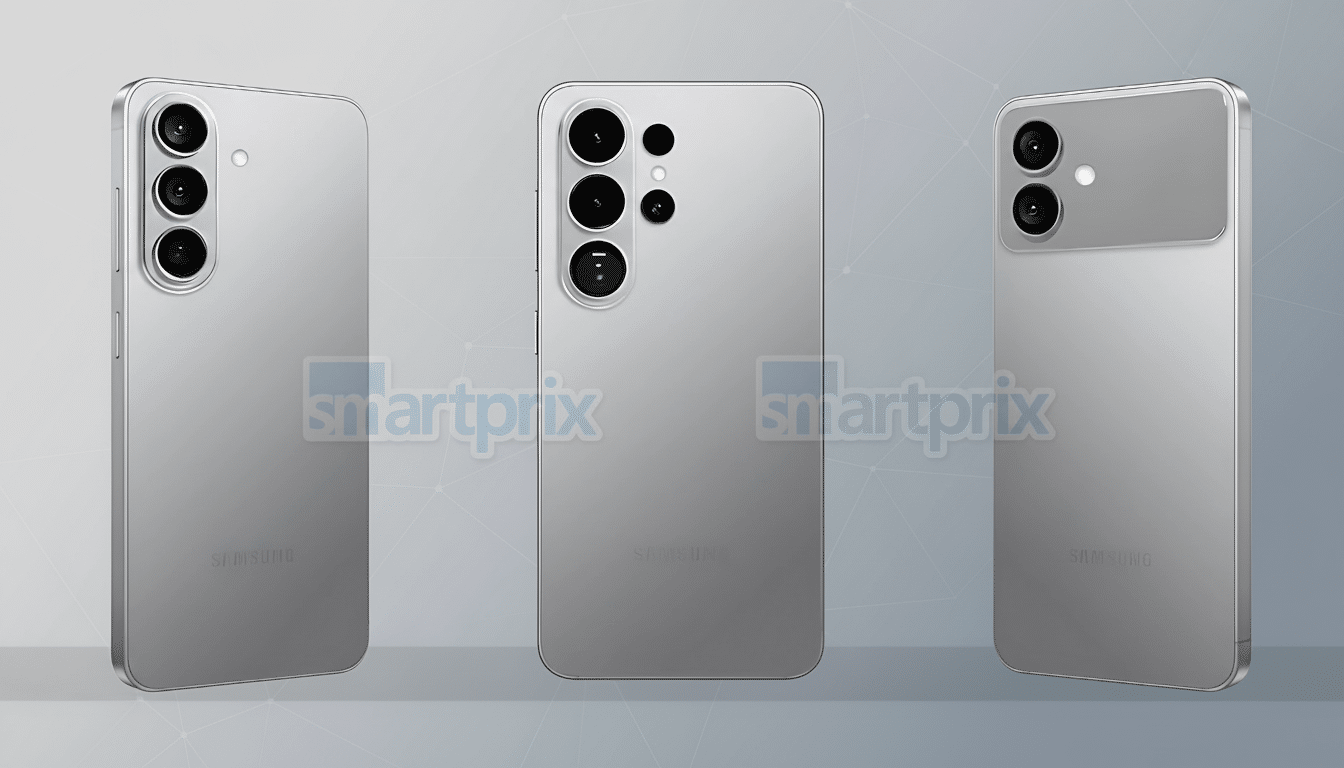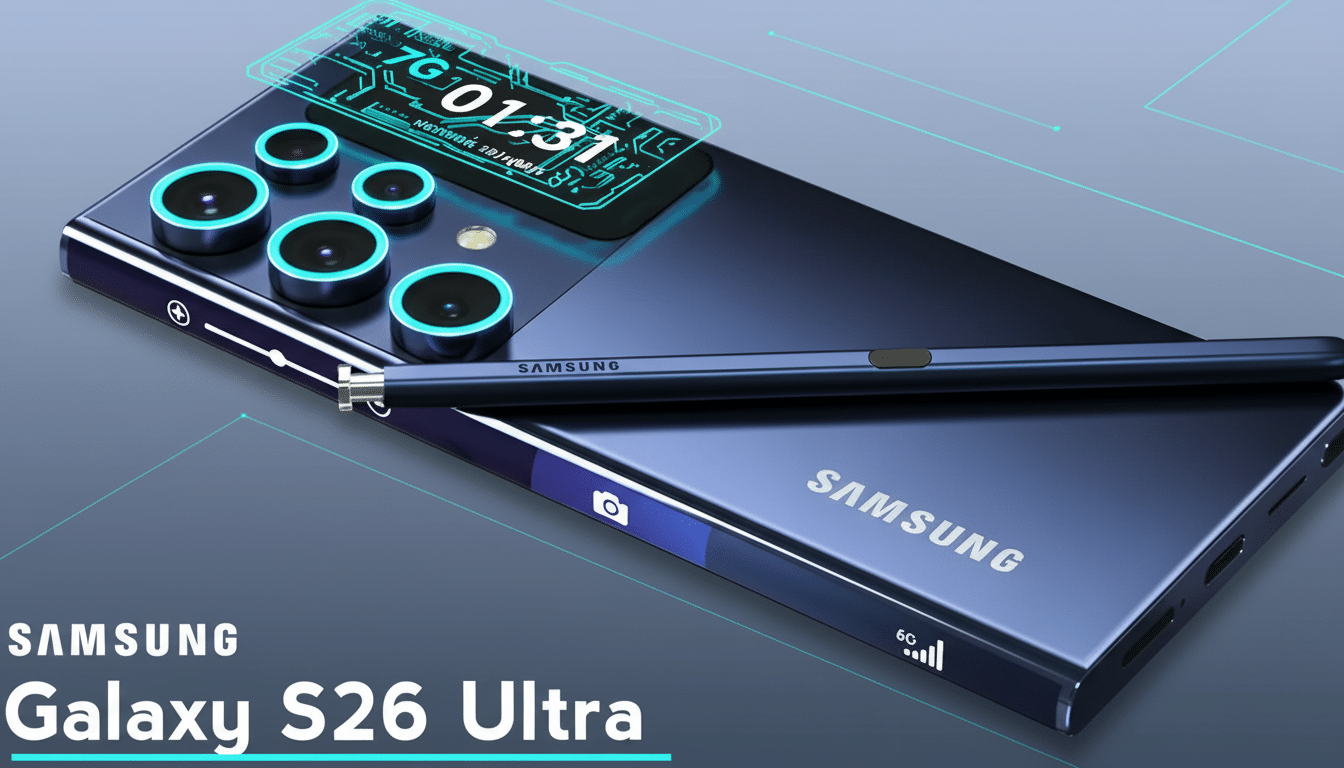A major Bixby update is reportedly in the works from Samsung that will be powered by Perplexity and not Google’s Gemini, signifying a change in terms of its AI strategy. That, according to leaker @chunvn8888 — and re-shared by industry gossip — could see it break cover alongside the Galaxy S26 family. If true, that would put Samsung’s assistant even further ahead with a search-native large language model focused on cited answers and real-time retrieval — a situation much more like the way users ask questions in the wild.
Why Samsung Might Choose Perplexity Over Google’s Gemini
“Gemini already powers a number of the Galaxy AI features … from on-device summarization to translation,” Guanotti said.

Guanotti argues that picking Perplexity for Bixby is not about leaving Google behind, but about specialization. What Perplexity does best:
- Retrieval-augmented generation with source citations
- Designed to convert open questions into accurate, supported answers
- Petah Tikva, Israel, March 31, 2021 — CRI FeedBullet Data Science Engineering today unveiled Perplexity AI (www.perplexityai.com), a beta release of the company’s evidence- and citation-powered automatic research engine
Strategically, a Perplexity tie-up is also about spreading Samsung’s stack across the board. Through history, the company has balanced having big partners while building its own models — notably Samsung Gauss — across devices. Counterpoint Research estimates that Samsung ships about 20% of all smartphones worldwide in an average quarter, providing any systemic AI decision with outsized impact. For Samsung, dividing work — Gemini for some device features, Perplexity for answer synthesis — decreases single-vendor reliance and could accelerate iteration.
Perplexity, meanwhile, has been growing fast with a product that relies on transparent sourcing and fresher web context than general-purpose chatbots. The company is well-positioned as a viable alternative in AI search, with industry reports noting an increase in monthly active users and consistently high funding rounds. That emphasis reflects how voice assistants are increasingly being evaluated: not just on fluency, but also on trust and traceability.
How Perplexity-Powered Bixby Might Work
This revealed a plan for Bixby to remain in the business of handling local device interaction (turning things on and off, setting timers, sending messages), but it would now take open-ended or knowledge questions and direct those to Perplexity.
Picture a tiered system, of sorts: fast on-device questions handled natively; more challenging ones pushed up the stack to a cloud-based model that spits back sourced, digestible answers. This is similar to Apple’s Siri timeline, where ChatGPT handles some tasks, with native control for private ones.
Imagine interactions that combine voice and visual cards: a voice query on “best camera settings for a concert” could instantly bring up an inline quoted explainer with tappable sources, along with links to open the camera with those settings prepopulated. For users, the upside is pragmatic: fewer hallucinations, less Occam’s razor bane, and results that feel operational rather than conversational.
What This Shift Could Mean for Google and Android Users
Samsung is still also tightly leashed to Google — Gemini lingers underpinning headline Galaxy AI features, Android fundamentals persist. But the assistants are turning into the new home screen, a portal to apps, search, and e-commerce. By providing Bixby a search-first brain all its own, Samsung can create that world of discovery on its terms — without abandoning the user’s place in Google’s universe.

The competitive landscape is changing rapidly. Apple is building OpenAI into Siri and Microsoft is taking Copilot across PCs and TVs; Samsung has even brought Copilot to its TV lineup. In that race, Perplexity provides Samsung with a neat narrative: an assistant that responds with evidence. For advertisers, developers, and content producers, an assistant that starts with citations is a way to make attribution — a burgeoning friction point in the era of generic chatbots — explicit.
Expected Timeline and Supported Devices for the Rollout
The reported debut timeline also fits with a broader Bixby rethink Samsung has been telegraphing for over a year. Samsung’s head of mobile R&D, Won-Joon Choi, has stated that the company needs to re-think Bixby for the generative AI era and referred to further enhanced LLM integration. A new interface coupled to the launch of a flagship phone would be business as usual for Samsung, but the assistant’s ambitions are broader: phones, tablets, TVs, wearables, and yes, even refrigerators — an ecosystem that could lend Perplexity’s model an unusual scale.
Regional availability, language support, and privacy controls will all be important. Look for a hybrid approach:
- On-device processing for sensitive tasks
- Opt-in cloud queries for open web responses
- Enterprise-grade guardrails around work profiles
Samsung may also employ its own models for latency, cost, and offline scenarios in addition to Perplexity as a default model for sourced web intelligence.
What Users Should Watch For as Features Roll Out
If the reports are true, early adopters will want to keep an eye out for three signals:
- Clear citations in Bixby’s replies
- Smarter follow-ups that minimize rephrasing
- Tighter handoffs from answer to action (for example, a summarized recipe generating a shopping list automatically within Samsung’s apps)
The measure of the project’s success is going to be less through fancy demos and more around its day-to-day reliability and how many tasks it can complete.
It’s not official yet, but the logic is powerful. A Perplexity-based Bixby would represent an assistant that is differentiated from what everyone else has with web-good answers and credible sources, while still reverting to Gemini and Samsung’s own models where they perform well. In a year when assistants are competing to become the default interface, that mix of speed, trust, and control might just be the combo to beat.

